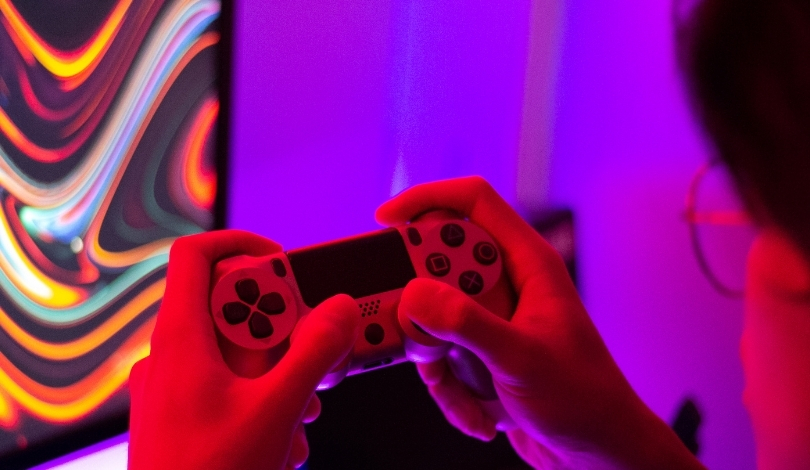The gaming industry continues to witness a shift as Microsoft reports a notable decline in Xbox hardware sales while gaming revenue remains buoyant. PC gaming has seen a resurgence, with its position further solidified amidst these developments. This scenario highlights a changing landscape where brand exclusivity and hardware sales no longer dominate the conversation as much as they once did. With prominent titles and services expanding across platforms, the face of gaming consumption is evolving.
Microsoft’s recent financial earnings have reiterated existing trends in their gaming division. Over the past year, Xbox hardware revenue has consistently reported downturns, echoing a significant 30% drop between early 2023 and 2024. These figures suggest a continuing pattern where hardware sales falter but overall gaming revenue sees an upward trajectory. Previously, Microsoft has focused on expanding its game studio roster, adding heavyweights like Blizzard and Bethesda. This strategy of broadening their software offerings has helped balance declining hardware sales by emphasizing growth in digital content and services.
Why is Xbox Hardware Struggling?
The underperformance in Xbox hardware sales is linked to Microsoft’s strategic choice to move away from console exclusivity and embrace a system-agnostic model. By doing so, popular titles such as Call of Duty and Minecraft have contributed significantly to a 5% increase in gaming revenue. Simultaneously, Xbox Game Pass draws more attention, with PC gamers benefiting from an extensive library. The lack of major exclusive titles for the Xbox console renders it less attractive when high-quality games are accessible from multiple platforms.
What’s Behind the Rise in Gaming Revenue?
A diverse content strategy has been key to bolstering Microsoft’s gaming revenue. While Xbox hardware sales have declined by 6%, the company’s broader game service offerings have seen notable growth. Microsoft’s focus on subscription services like Xbox Game Pass and user-favorite franchises has driven an 8% increase in Xbox content and services revenue, establishing a clear preference trend toward software and services over hardware. By enhancing accessibility, Microsoft appeals to a wider audience, moving away from restrictive practices.
How Does This Impact the Gaming Industry?
With Microsoft and other major players de-emphasizing hardware sales and exclusivity, the gaming industry’s landscape continues to evolve. Nintendo remains a notable exception, adhering to a more traditional approach by maintaining exclusive titles. Amidst these shifts, consumers enjoy increased flexibility and access across platforms. This transition signifies a broadening of gaming experiences, shaped by software capabilities and subscription models, rather than hardware constraints.
The gaming industry’s trajectory shows clear signs of change, with PC gaming at the forefront as Xbox hardware struggles. The focus on expansive digital content and services is reshaping consumer expectations and industry strategies. This shift underscores the importance of accessibility and variety in today’s gaming ecosystem. Players can enjoy a growing repertoire of games without being tethered to a single platform. These trends mark a significant phase in gaming, marked by a departure from traditional brand exclusivity and toward a more interconnected entertainment landscape.










